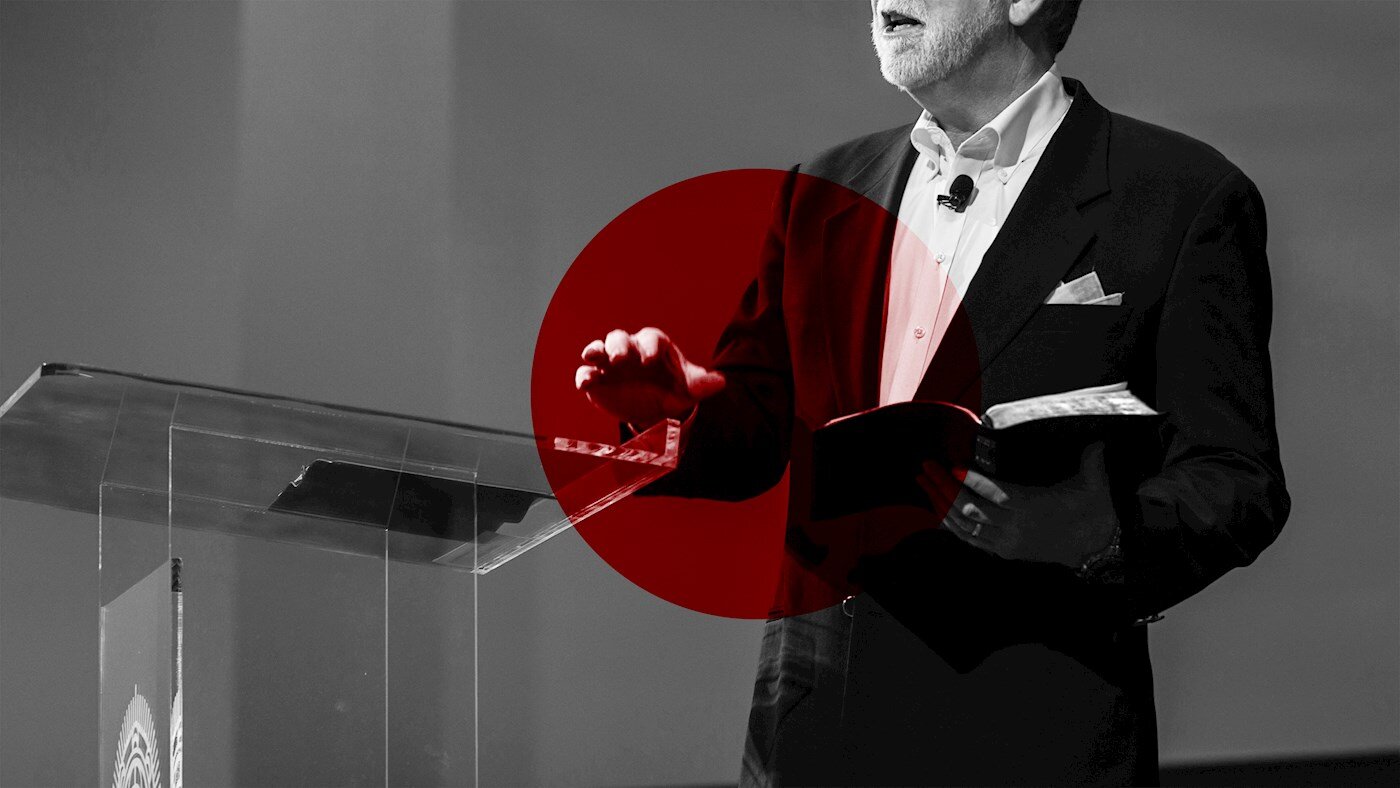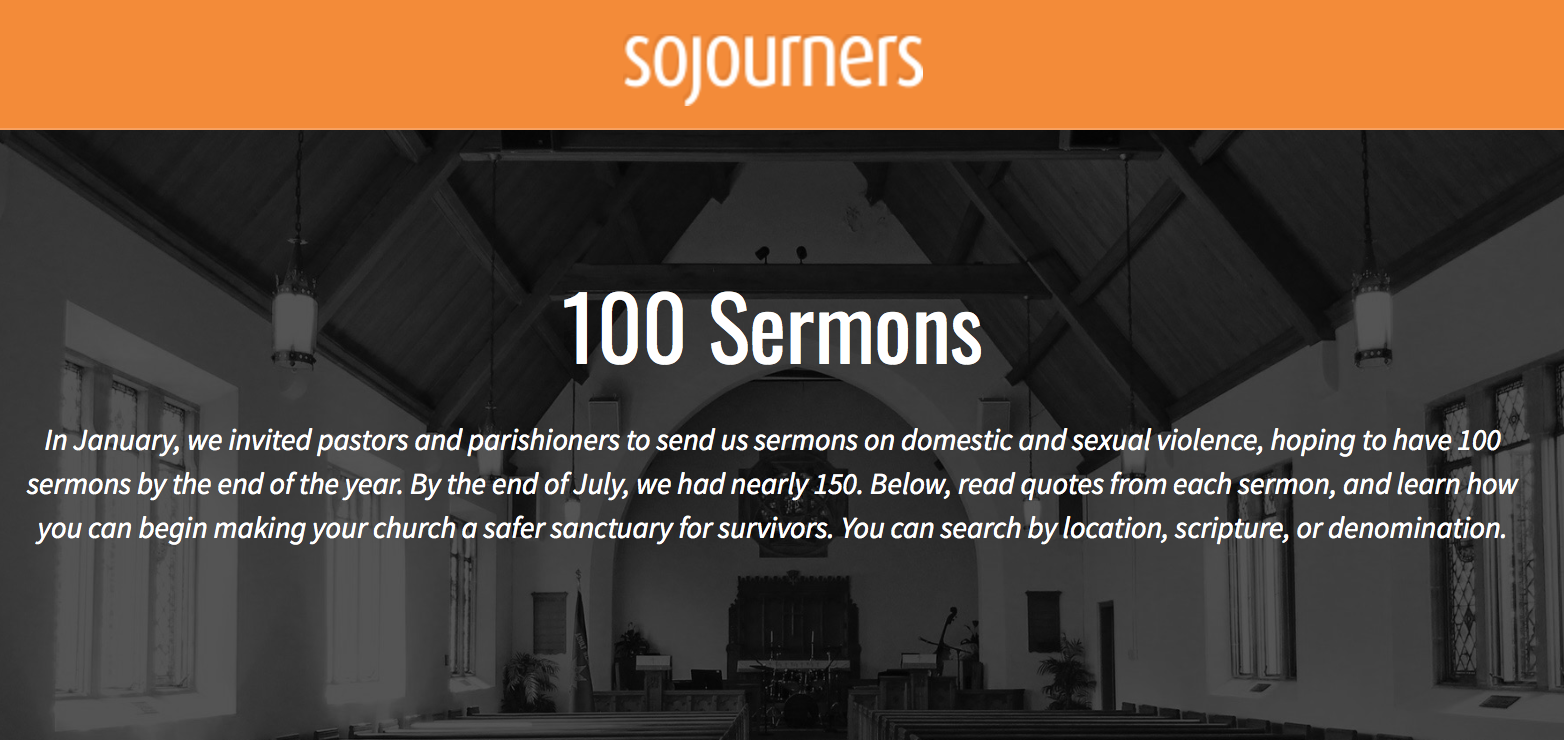I was talking with someone at my church on Sunday and they confided in me that, “it’s been a rough week for women.”
In one sense, they are totally right. The issues of sexual violence, assault, and the abuse of women were prominently back in the spotlight this week. Women were sharing their stories again. The pain was evident. So was the righteous anger. So was the resolve. To all the women who spoke up and out, I want you to know that I hear you. I believe you. I am inspired by you and humbled by you.
Still, in another sense my friend’s statement was only half true. Instead of saying it’s been a rough week for women we could say it’s been a rough few months. Or a rough few years. A rough decade. Or several strung together.
Some of the stories that women shared this week included assaults and incidents that occurred a long time ago. The event may be in the past, but the pain is still very potent. The environments that allowed for these things to happen still exist. Worse, they are still excused and defended.
We have to do better. We have to listen. We have to lament.
We also have to repent, because as true as it is that it’s been a rough few decades for women we could also say it’s been a rough few centuries. A rough era. A rough epoch.
Or, we could just humbly admit that it’s been rough to be a woman since time began. If there is one thing that the #MeToo movement has taught us is that women’s struggle against abuse, assault, and inequality is a tale as old as time. It is also a story that needs to change.
That’s where the #ChurchToo movement comes in. It has shown us that things need to change when it comes to religious communities as well.
That is why I am proud to be small, if humble, part of Sojourners’ “100 Sermons” project.
They wrote of their project:
When #MeToo went viral in 2017, the movement paved the way for #ChurchToo and #SilenceIsNotSpiritual, hashtags that insisted that because Christians are not immune to perpetrating sexual and domestic violence, they must actively denounce it. Christians all across the spectrum spoke out online against abuse. But we wanted to know, would faith leaders be willing to elevate the conversation from Twitter to the pulpit?
They found those sermons and posted them online for readers to search and learn how to make religious communities safer for survivors. You can search the collection by location, scripture, or denomination.
One of my sermons is part of that database. The quote they pulled out is one I continue to stand by. I hope you can appreciate these words. Let them sink in. Let them hit you. Let them unsettle you. Let them move you to action.
For people who have been abused, there is no quick fix. I wish I could say there was. However, as the promise from Isaiah makes clear, in Jesus there is hope and healing, liberation and justice. I can only pray that the reality of those promises are evident in your life in the days, weeks, and years to come.
Until then, religious leaders like me have work to do—to interrupt the injustices being perpetrated by our very own leaders on our very own people.
Through this process, and over the last week, I am learning that it is not enough to be an ally. It’s not enough to preach a sermon. Instead, it’s time to revolt against a system that has — for far too long — abused, ostracized, and ignored the very people who have often made that same system as great, just, or humane as it possibly could be: women.
I continue to learn. I continue to grow. I continue to mature. I pray that you’ll join me by listening to, and learning from, more of the sermons on the “100 Sermons” site.


